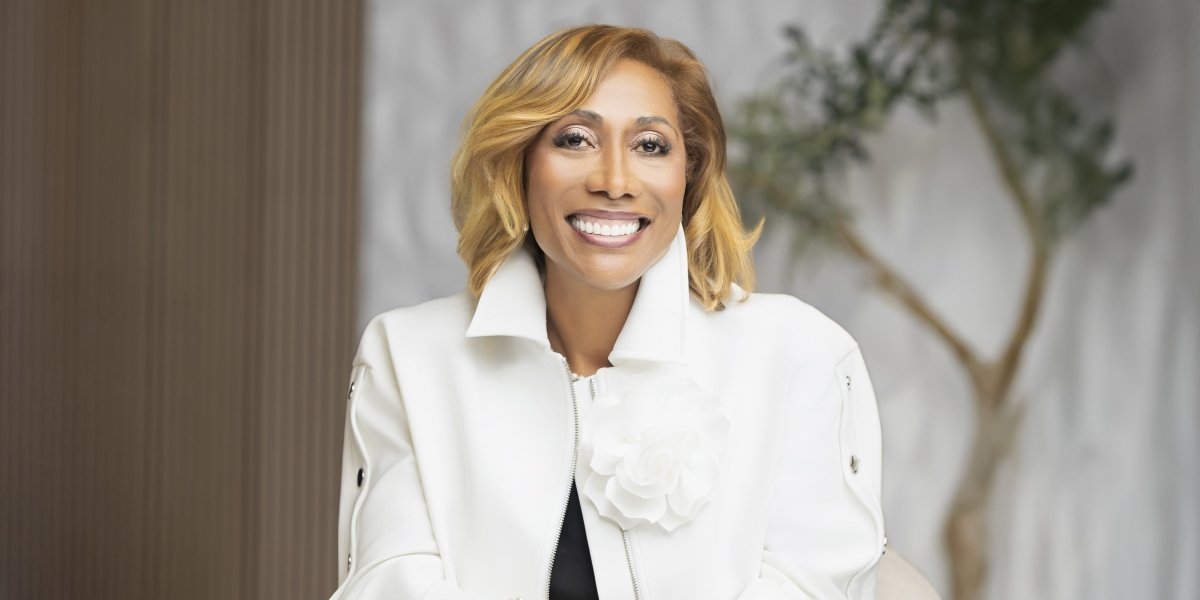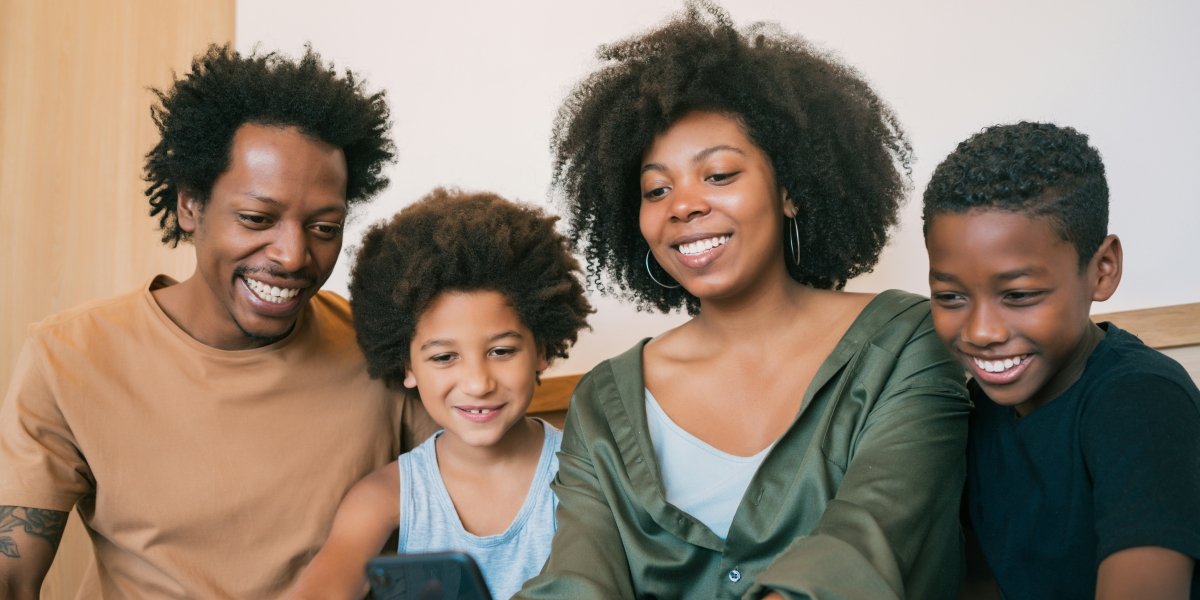The Afro is more than just a hairstyle; it is a cultural symbol that represents pride, identity, and resistance. For Black people, the Afro is not just an aesthetic choice—it is a celebration of natural beauty, a reclaiming of self-expression, and a powerful statement against centuries of discrimination and Eurocentric beauty standards. In this article, we explore the deep beauty and profound significance of the Afro for Black people and how it has evolved into an emblem of empowerment and cultural pride.
Read Also: Why Dining Alone Should Be a Norm
The History of the Afro: From Rejection to Reclamation
The Afro has its roots in the African diaspora and is a reflection of the natural texture of Black hair. Historically, the Afro was a symbol of pride and heritage, dating back to pre-colonial Africa, where the style was often seen as a sign of beauty, social status, and cultural identity.
However, during the colonial era and throughout the early 20th century, European beauty standards became dominant, and Black hair textures were often vilified. The smooth, straight hair of white people was elevated as the ideal, while textured hair was deemed “unprofessional,” “untidy,” and “undesirable.” This led many Black people to straighten or chemically alter their hair in an effort to assimilate into mainstream society.
The Afro resurfaced in the 1960s and 1970s as part of the Black Power movement, where it became a symbol of defiance, pride, and empowerment. Black people began to embrace their natural hair as a way to resist societal pressures to conform to white beauty standards. The Afro became a statement of identity, heritage, and autonomy—an assertion that Black beauty could and should be celebrated on its own terms.
The Cultural Significance of the Afro
The cultural significance of the Afro extends far beyond its aesthetic appeal. It represents a reclaiming of Black identity and a refusal to conform to oppressive beauty standards. For Black people, the Afro is a way to embrace and honor the texture and uniqueness of their natural hair, an act of self-love and self-acceptance.
During the Civil Rights and Black Power movements, the Afro was not just a fashion statement; it was a political act. It was a way to reject assimilation and proudly declare, “This is who I am.” Figures like Angela Davis, James Brown, and Stokely Carmichael popularized the Afro in the 1960s and 1970s, making it an integral part of the cultural landscape of Black liberation.
Today, the Afro continues to symbolize resistance to racial inequality and the rejection of stereotypes that often portray Black people in negative or one-dimensional ways. It is an ongoing statement of pride, reminding Black people of their beauty, strength, and cultural heritage.
The Beauty of the Afro: Embracing Natural Hair
Beyond its historical and political significance, the Afro is also a celebration of natural beauty. For Black people, embracing the Afro is an opportunity to showcase the unique textures, volumes, and shapes that make their hair stand out. The Afro is not just about a single style—it’s about the celebration of individuality, as every Afro is different and every curl is distinct.
In a world where so much attention is placed on straight, silky hair, the Afro stands as a bold testament to the beauty of natural hair. It challenges beauty norms and provides Black people with a chance to celebrate their authenticity, allowing them to express who they truly are. The volume, shape, and texture of the Afro are an embodiment of Black pride and resilience.
The resurgence of the Afro in the 21st century, particularly with the natural hair movement, has allowed a new generation of Black people to reclaim their hair as a source of pride. Social media has played a pivotal role in this movement, with influencers, artists, and everyday individuals proudly showcasing their Afros, further cementing the style’s significance as a cultural and beauty standard.
The Afro in Popular Culture
From the Afro’s emergence as a powerful symbol of resistance in the 1960s and 1970s to its reemergence in today’s culture, it continues to hold a place of prominence in popular culture. Celebrities like Solange Knowles, Lauryn Hill, Janelle Monáe, and Erykah Badu have helped push the boundaries of beauty and fashion by wearing their Afros with confidence, encouraging others to embrace their natural hair as well.
In the music industry, the Afro is a reflection of individuality and artistic expression. Iconic artists who have rocked the Afro—such as Sly Stone, Aretha Franklin, and Prince—have used their hairstyles to express their unique artistic identities and stand as icons of cultural change. Today, the Afro remains a bold choice in both music and fashion, symbolizing authenticity and pride in one’s heritage.
The Afro in Modern Times: Embracing Diversity in Hair Texture
The modern natural hair movement has given rise to a renewed appreciation for the Afro and all its variations. Today, there are more options than ever for Black people to embrace their natural textures. Whether it’s the classic full Afro, the tapered look, or the curly, shaped Afro, these styles all celebrate the diversity of Black hair textures.
This movement has encouraged Black people of all ages to embrace their natural curls and take pride in their hair. The popularity of products designed specifically for curly and textured hair has also made it easier for individuals to care for and maintain their natural hairstyles. From conditioners to oils and styling gels, these products provide the tools necessary for achieving and maintaining the Afro.
The Afro as a Symbol of Black Empowerment
At its core, the Afro is a symbol of empowerment. For Black people, it is a way to reclaim ownership of their image, their identity, and their beauty. It is a rejection of societal standards that have long dictated what is considered beautiful and an assertion that Black beauty is worthy of celebration.
The Afro also plays a significant role in self-empowerment. For many Black individuals, wearing their hair in its natural state is an act of resistance against centuries of Eurocentric beauty ideals. It allows them to embrace their cultural heritage with pride and reject the pressure to conform to a beauty standard that has often been imposed on them.
Read Also: Creating the Perfect Ambiance to Boost Your Work Mindset
Embracing the Afro
The Afro is far more than a hairstyle; it is a powerful statement of cultural pride, self-love, and defiance. It is a reflection of Black people’s history, identity, and resilience in the face of adversity. By embracing the Afro, Black people continue to reclaim their narratives and reject societal pressures to conform.
The beauty and significance of the Afro extend beyond its appearance—it is a celebration of who Black people are and where they come from. As the Afro continues to evolve, it remains a timeless symbol of empowerment, pride, and the ongoing fight for racial equality.








